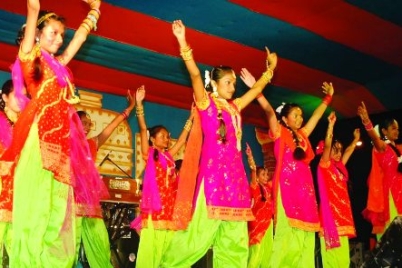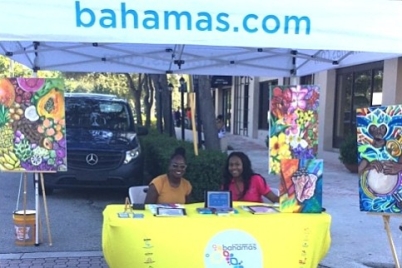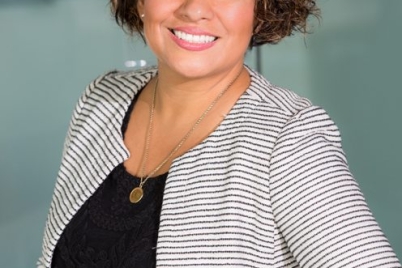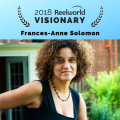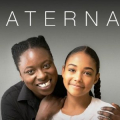Female-Headed Households
“Perceptions of Poverty Among Women in Rural Communities in Trinidad and Tobago” that was the title of my undergraduate research project. I chose this title because these women were experiencing an arising trend as we entered the 21st Century. Many were in what was described as “female-headed households.” Female-headed households were those households with a female as the sole breadwinner, more often in the absence of fathers. The research showed though that sometimes the fathers were present, but changing circumstances led to the women becoming the sole breadwinner. More importantly, what was noted was the resilience of the women and how they were finding ways to manage and support their daily needs.
One lady of East Indian descent stood out; she was a younger woman in her 30’s, married to a man in his 60’s. They had two children, and her husband, being diabetic was no longer able to work, and he depended on social welfare to contribute. This woman found her way into a programme paying a modest wage, and she took the business skills she was exposed to from this programme to set up a simple shop. She also began a home garden using troughs to reduce her food bill. What resilience! But this is hardly the case for all. Trinidad and Tobago Hard Core News recently highlighted the plight of a single mom of East Indian descent, who as she puts it, has a house, “a roof of vines”.
In this story, this single mom is experiencing the feminization of poverty at its worst. Unlike many of the women met during the research project, this single mom is unemployed, without means of contacting her children’s father, and without social welfare. While this single mom is “looking to see if she could get out of the situation”, which includes having no basic amenities, the road looks long and rugged without some ‘angel investors.’
It is imperative for society to care for the rights of the child. The rights of children sometimes are violated even when parents do desire to do better, in such cases, the community makes that difference.
In 1995, the United Nations adopted two definitions of poverty. One was absolute poverty where it referred to being deprived of basic human needs, such as sanitation facilities, and so forth. Three years later another definition put forward by the United Nations referred to poverty as a denial of choices and opportunities, a violation of human dignity, and the resulting consequences. It is in connection with the second definition that another single mother comes to remembrance. This single mom of Afro heritage had two sons, who were smart, well taken care of. In conversation one day, she shares appreciating being part of the lower socioeconomic group, but wanting better for her sons. She also shared that there were limited options and opportunities based on her education and skills. What did she do? This mom consciously chose prostitution to support her household. She spoke of how well it paid, and how she cared for her sexual health and chose high-end clients. Again, moral judgments aside, what resilience!
Unfortunately, not all single moms with sons would have the same options and or opportunities before them. Trinidad and Tobago Hard Core News shared the story of one such mom-
This mother has six sons and all of their fathers, one deceased, are absent. Her eldest is 17 years old and her youngest is seven. She is employed, but her income can only do so much. How does this family survive? As the young mother kept saying, “Only God knows, only God knows.” Now, that is not fully true; since their story is being shared, and any one of us can act as ‘earthly angels’ offering support to this family.
Therefore, even as we give and provide hope for these families, is there not wisdom and understanding in our young women that there is a link between family planning and the feminization of poverty?
By Kerriann Toby
 Kerriann Toby is a dynamic therapist currently pursuing her Doctorate of Psychology (PsyD). She is a member of the Canadian Counselling and Psychotherapy Association (CCPA) and has trained as a cyber counsellor. Her areas of experience, expertise, and interest include child development, sexual and reproductive health, gender-related matters, marriage and family life, and promoting the idea of positive psychology, using strengths to support mental health and wellbeing. Visit her Wellness Blog www.karryonservices.com/blog or Facebook: Karry Morph https://www.facebook.com/ongoingProgressiveMovements/
Kerriann Toby is a dynamic therapist currently pursuing her Doctorate of Psychology (PsyD). She is a member of the Canadian Counselling and Psychotherapy Association (CCPA) and has trained as a cyber counsellor. Her areas of experience, expertise, and interest include child development, sexual and reproductive health, gender-related matters, marriage and family life, and promoting the idea of positive psychology, using strengths to support mental health and wellbeing. Visit her Wellness Blog www.karryonservices.com/blog or Facebook: Karry Morph https://www.facebook.com/ongoingProgressiveMovements/





